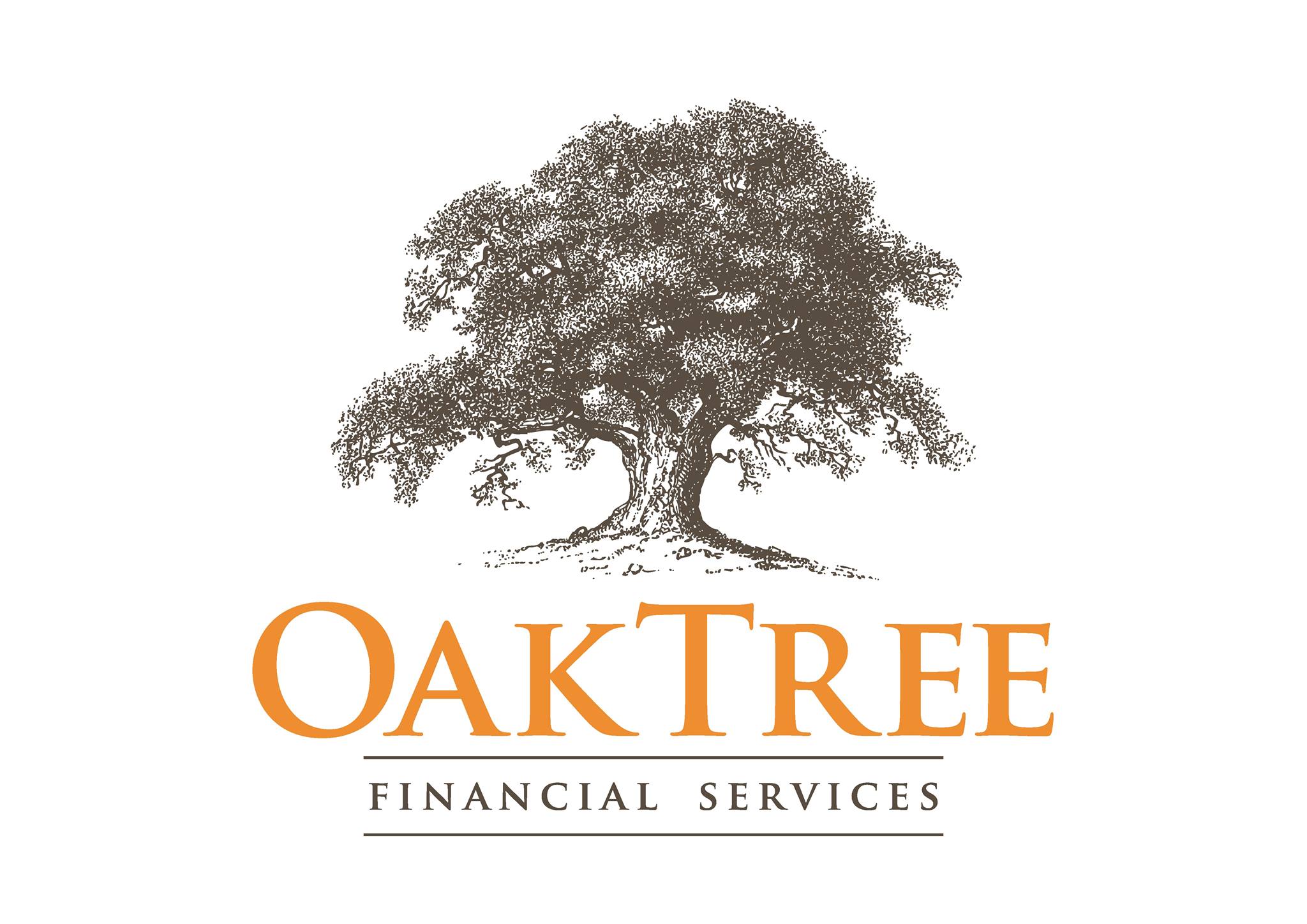Group Pension
Schemes & Risk Benefits.
Group Pension Schemes in Ireland
In the competitive landscape of employee benefits, Oaktree Financial’s Group Pension Team excels in streamlining company pension schemes for clients and their employees. Our approach ensures a seamless experience by providing a dedicated point of contact to manage all aspects of employee compensation options efficiently.
For those seeking comprehensive company pension plans or seeking information on group pensions in Ireland, Oaktree Financial is your solution. Contact us today to initiate a rewarding journey towards enhancing your employee benefit offerings.
Understanding Group Pension Schemes
A group pension scheme, also known as a company pension or employer-sponsored pension scheme, is a type of retirement savings plan offered by companies to their employees.
The primary goal of a group pension scheme is to help employees save and invest for their retirement years. These schemes are typically established to provide employees with a source of income during their retirement, in addition to any state pension or personal savings they might have.
At Oaktree Financial, we understand the importance and the potential risks of group pension plans. With our experience, research, data, and attention to details, your group pension plan is in safe hands.
Employer Pension Responsibilities
Complying with legal requirements, employers must offer employees access to either an occupational pension or a Personal Retirement Savings Account (PRSA). While an employer’s contribution isn’t mandatory, our services can guide you in creating an encompassing benefits package. We make the process hassle-free, enabling you to establish enhanced benefits for your workforce.
Advantages of Offering Group Pension and Group Risk Schemes
Attract New Employees
Elevate your ability to attract and retain top talent by presenting an enticing company pension and death benefits package. Demonstrating a caring attitude towards employees positions your business competitively in recruitment, showcasing your concern for their well-being.
Foster Employee Loyalty
A company pension plan featuring employer contributions communicates your commitment to employees’ present and future welfare. It shows a level of commitment and indicates that you want them to be with your company for the long term. This fosters loyalty, encouraging long-term associations and enhancing overall employee engagement with your company.
Optimise Tax Efficiency
Opting for a group pension plan delivers tax benefits. Corporate contributions receive tax relief, and even business owners and directors can access death benefits while maintaining separate pension benefits. This approach enables cost-effective life coverage for company owners.
Additional Benefits
We extend our expertise to your staff, offering guidance on individual financial matters such as mortgage planning, pension strategies, savings, and investments. By providing holistic financial support, your company underscores its dedication to employees’ financial security.
OUR PROCESS
Chat – Discover – Analyse – Present – Implement – Monitor & Support
How Do Company Pensions And Group Pension Schemes Differ?
Company pensions and group pension schemes are related concepts, but they differ in terms of their structure, administration, and the parties involved. Here’s a breakdown of the key differences between the two.
Company Pensions
Scope
- Company pensions are specific retirement plans set up by individual employers for their employees.
- They are often customised to the needs and preferences of the company and its workforce.
Employer Involvement
- Company pensions are entirely funded and managed by the employer.
- The employer has the discretion to determine contribution levels, vesting periods, investment options, and other plan features.
Funding
- Contributions are made solely by the employer, although some plans may allow employees to make voluntary contributions.
- The employer bears the responsibility for funding the pension benefits and managing the associated financial risks.
Control
- The employer have significant control over the plan’s design, investment choices, and funding strategy.
- The investment decisions and performance directly impact the pension’s financial health.
Portability
- Company pensions are usually tied to the specific employer. If an employee changes jobs, they might not be able to take the pension with them, or they might have limited options to do so.
Group Pension Schemes
Scope
- Group pension schemes are broader retirement plans that cover multiple employers or members from different companies.
- They are often administered by financial institutions or pension providers.
Employer Involvement
- Group pension schemes involve participation from multiple employers or member organisations.
- Each participating employer may contribute to their employees’ accounts within the scheme.
Funding
- Contributions can be made by both the employer and the employees.
- Contributions might be fixed or based on a percentage of salary, and there may be employer-matching contributions.
Control
- While employers still have some influence over plan features, investment options, and contribution levels, there is typically less customisation compared to company pensions.
- Investment decisions are often managed by professionals within the pension provider.
Portability
- Group pension schemes offer greater portability for employees who change jobs within the participating employers. They can usually continue contributing to the same scheme or transfer their pension to a new employer’s scheme.
The main distinction lies in the scope and administration. Company pensions are employer-specific plans tailored to the needs of one organisation, while group pension schemes are broader arrangements that encompass multiple employers and often involve third-party pension providers. Both serve the purpose of providing retirement benefits, but the level of employer control, portability, and customisation can vary significantly between the two.
How do company pension plans work?
As an employer, you want to give your staff the best possible support, in a way that is affordable and sensible for your business. Company pensions can be a great way to encourage morale in your team whilst supporting them in a tax efficient way.
However, you might not feel that a workplace company pension scheme is the best way to manage things for your employees. The PRSA system can offer a more flexible alternative.
How do Group pension plans work?
Employers establish the scheme and often contribute a percentage of each employee’s salary, varying according to the company’s policy. Employees are also encouraged to contribute from their own salaries, often pre-tax, yielding tax benefits. These contributions are then invested in diverse financial instruments to foster fund growth over time.
Over the years, contributions and investment returns accumulate, bolstering the fund’s value. Upon fulfilling a service period, employees become fully vested, owning both employer contributions and gains. At retirement, employees access pension payments—structured variably—to match the scheme’s guidelines.
While group pensions bolster staff support, affordability, and tax efficiency, some employers seek alternatives. The PRSA system provides flexibility, potentially aligning better with employee management preferences.
What is a personal retirement savings account?
A Personal Retirement Savings Account (PRSA) is a type of individual pension plan available in several countries, including Ireland. It is designed to help individuals save for their retirement by providing a flexible and portable savings vehicle. PRSAs are especially useful for individuals who are self-employed, not covered by an employer-sponsored pension program, or looking to supplement their existing retirement savings. Key features of a Personal Retirement Savings Account (PRSA) include:
Portability
One of the major advantages of a PRSA is its portability. If an individual changes jobs or career paths, they can continue to contribute to the same PRSA, rather than starting a new pension plan. This ensures continuity in retirement savings.
Flexible Contributions
PRSAs offer flexibility in terms of contribution amounts and frequencies. Individuals can contribute as much as they want, up to certain limits defined by tax regulations.
Tax Benefits
Contributions made to a PRSA are typically tax-deductible within certain limits, reducing an individual’s taxable income. This provides an immediate financial incentive for saving for retirement.
Investment Choices
PRSAs offer a range of investment options, from conservative to more aggressive strategies. Individuals can choose how their contributions are invested based on their risk tolerance and financial goals.
Access to Funds
Generally, funds within a PRSA are not accessible until the individual reaches retirement age. However, some provisions might allow for withdrawals under certain circumstances, such as serious illness or financial hardship.
Retirement Options
Upon retirement, individuals can choose how to access the funds in their PRSA. They can typically opt for a lump sum withdrawal, periodic payments, or a combination of both.
Regulation and Oversight
PRSAs are subject to regulatory oversight to ensure that the investments and operations of the scheme are in compliance with the relevant laws.
Choice of Providers
Individuals can choose from various financial institutions and providers to set up their PRSA. This allows them to select a provider that offers the investment options, fees, and services that align with their preferences.
Supplementary Savings
PRSAs are often used by individuals who have other retirement savings arrangements, such as state pensions or employer-sponsored pension plans, as a way to supplement their retirement income.
But how does the PRSA system work?
A PRSA (Personal Retirement Saving Account) is an individual policy held in the name of your employee. Employers are required by law to offer their staff a PRSA policy. PRSAs are a type of retirement fund designed to offer flexibility, convenience, and value for money. Employees can save monthly and pay once-off contributions. These contributions are then invested in the investment fund(s) the employee chooses. PRSA holders have a number of choices in terms of what form of retirement benefits they can take. These benefits can be taken in the same way as a personal pension plan. A group PRSA arrangement gives your employees a flexible and portable way to achieve their retirement goals.
Which employers must offer PRSAs?
All employers are required to enter a contract with a PRSA provider to provide access to at least one Standard PRSA for all ‘excluded employees’. An employee is considered an ‘excluded employee’ if:
- their employer does not offer a workplace pension scheme, or
- they are included in a workplace pension scheme for death-in-service benefits only, or
- they are not eligible to join the company’s workplace pension scheme or will not become eligible to join the scheme within six months from the date they began work there, or
- they are included in a workplace pension scheme that does not permit the payment of additional voluntary contributions (AVCs) by the members.
Does an employer have any responsibility for the investment strategy or performance of the PRSA?
No, an employer is not at all responsible for the performance of PRSA investment funds.
How can an employer provide access to a PRSA for their employees?
An employer must enter into a contract with a PRSA provider. They must then notify all eligible employees that they have the option to join the group PRSA plan. The employer then needs to encourage communication between employees and the PRSA provider, allowing employees time to consider investment choice, setting up their contributions through payroll, and informing them on their pay slips of what their total contribution has been so far.
What are the alternative company pension options to a PRSA?
If you offer employees a workplace pension option, you might not have to provide access to a PRSA. This relies on all employees – including full-time, part-time, seasonal, temporary, contract or casual employees – being eligible to join the main scheme for pension benefits within six months of joining employment, and that the scheme permits the payment of additional voluntary contributions (AVCs).
Does an employer have any responsibility for the investment strategy or performance of the PRSA?
No, an employer is not at all responsible for the performance of PRSA investment funds.
Do you need help setting up your company pension options in Ireland?
Get in touch with Oaktree Financial today. Our professional advice can help you choose from the broad range of pension fund options. Whether you want information on tax relief or a group PRSA arrangement, we can help companies at any of the different stages of retirement fund planning.
Oaktree Financial Services Celebrates 15 Years in Business with €22,000 Charity Gala Ball for EDCC and Cork ARC
Oaktree Financial Services proudly marked its 15th anniversary by hosting a special charity gala ball, raising an impressive €22,000 in support of Eating Disorder Centre Cork (EDCC) and Cork ARC Cancer Support House, with proceeds split equally between the two...
Oaktree Financial to Host Charity Gala Celebrating 15 Years in Business
On Saturday, 22nd November 2025, Oaktree Financial will mark its 15th anniversary with a black-tie gala event at Rochestown Park Hotel, Cork. This special evening will raise funds for two essential local charities: Cork ARC Cancer Support House and Eating Disorder...
PRSA vs Master Trust: What’s the Difference and Which is Right for You?
When you are considering your retirement planning, especially if you are a business owner or a director, there are two options that may be relevant to you. These are Personal Retirement Savings Accounts (PRSA) and Master Trusts (previously known as Executive...






